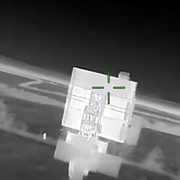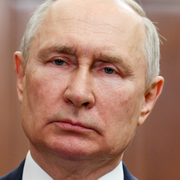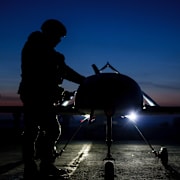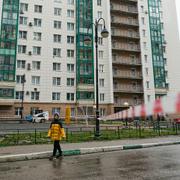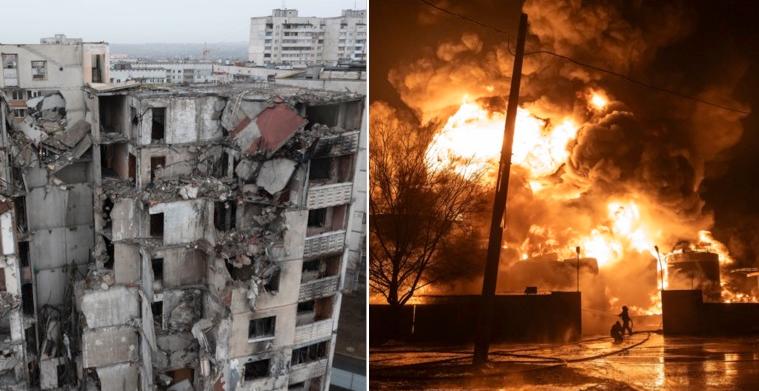
Uppgifter: Ryssland planerar belägring av Charkiv – ska mobilisera 300 000 soldater
Ryssland planerar att mobilisera 300 000 soldater för att inleda en belägring av Charkiv. Det rapporterar oberoende exilryska Verstka med hänvisning till fem källor inom Putins administration, regionala myndigheter och försvarsdepartementet, skriver Meduza.
Planen är i huvudsak att rekrytera reservister, men även att pressa befintliga soldater vars kontrakt håller på att gå ut att förlänga dem, enligt källorna.
Enligt en av källorna är den 25 mars ett ”nyckeldatum” för planerna, men inga närmare detaljer ges, skriver Moscow Times.
Charkiv, beläget i nordöstra Ukraina, är landets näst största stad. Ukrainska styrkor lyckades pressa ut ryssarna ur området under våren 2022.
Striden om Charkiv 2022
Wikipedia (en)
The battle of Kharkiv was a military engagement that took place from February to May 2022 in and around the city of Kharkiv in Ukraine, as part of the eastern Ukraine offensive during the 2022 Russian invasion of Ukraine. Kharkiv, located just 30 kilometres (19 mi) south of the Russia–Ukraine border and a predominately Russian-speaking city, is the second-largest city in Ukraine and was considered a major target for the Russian military early in the invasion. According to the testimony of a captured Russian officer, Russian forces were expected to capture the city within three days.By 13 May, Ukrainian forces pushed Russian units attempting to encircle the city back towards the Russian border. Additionally, it was reported that Russia had withdrawn units from the area. The Institute for the Study of War opined that Ukraine had "likely won the battle of Kharkiv". However, bombardment continued, and by 20 May, Russian forces were again shelling Kharkiv city. As a result of the subsequent counteroffensive in the Kharkiv Oblast, Russian forces located close to the city were pushed back, resulting in significantly reduced pressure on Kharkiv.On 12 June, Amnesty International claimed it found the evidence of widespread use of widely-banned cluster munitions by Russia, such as 9N210/9N235 cluster bombs, and "scatterable" munitions that eject small mines that explode later in timed intervals. Four months after the battle, Ukraine launched a major counteroffensive in September to recapture territories that were still under Russian control in Kharkiv Oblast.
Omni är politiskt obundna och oberoende. Vi strävar efter att ge fler perspektiv på nyheterna. Har du frågor eller synpunkter kring vår rapportering? Kontakta redaktionen
